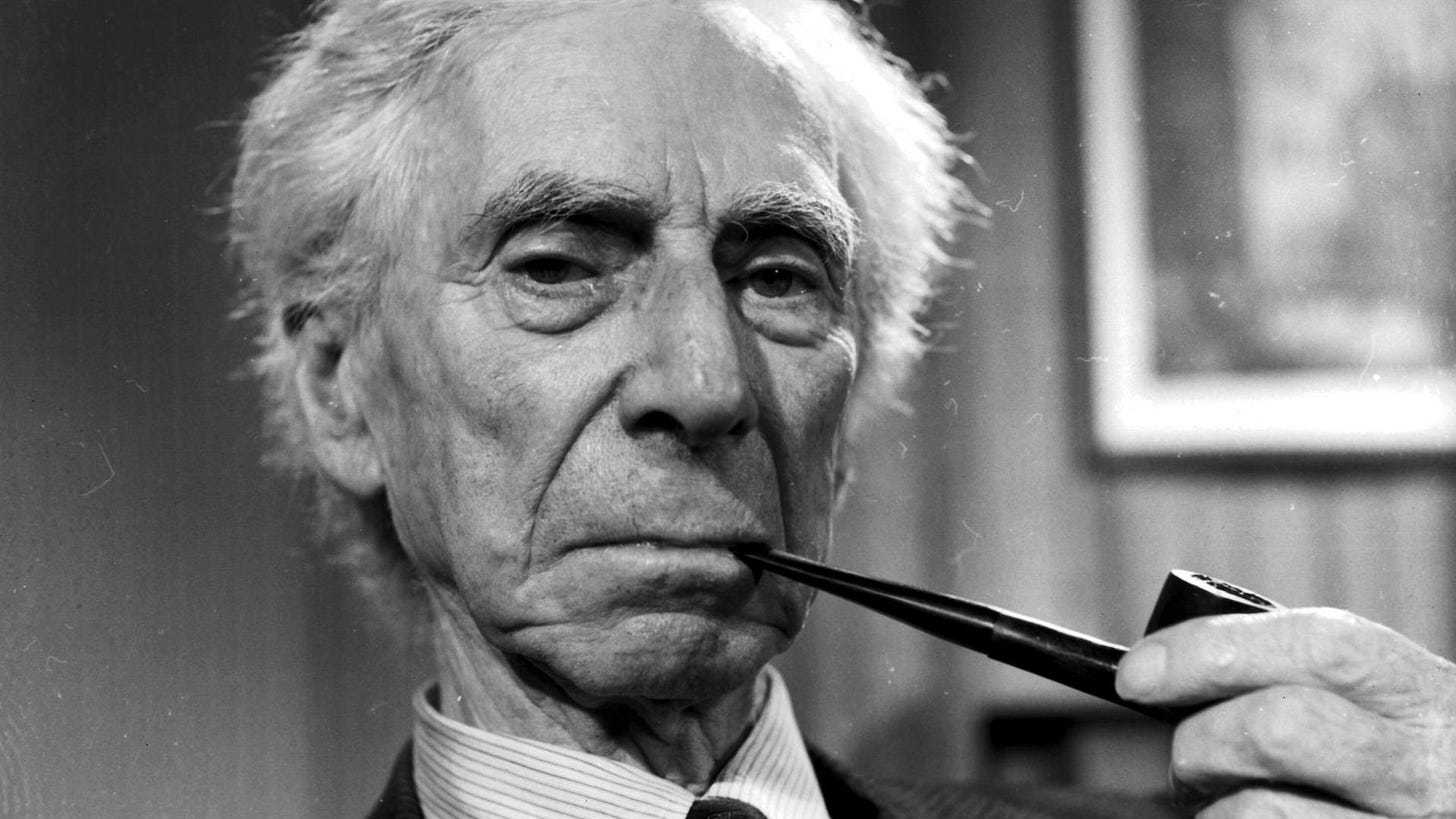The Death of Boredom
How Constant Stimulation Kills Creativity
The concept, famously articulated by philosopher Bertrand Russell, explores the intricate relationship between modern society's obsession with constant stimulation and its detrimental effects on creativity and personal growth. Russell posits that the pervasive need for immediate gratification, fueled by technology and rapid information consumption, stifles our ability to engage in meaningful reflection and deep thought.
This phenomenon has sparked significant discourse regarding the role of boredom as a catalyst for creativity, with Russell's famous warning serving as a cornerstone of the debate.
A generation that cannot endure boredom will be a generation of little men.
Bertrand Russell
In contemporary discussions, boredom is often viewed negatively. Yet, Russell and other thinkers assert that it can serve a crucial psychological purpose, prompting individuals to reassess their priorities and seek more fulfilling activities. This duality reflects a growing understanding that boredom can catalyze personal evolution, encouraging exploration and engagement with the world around us.
Philosophical Roots: From Being to Analysis
The discourse surrounding creativity and its impediments has evolved significantly, particularly within the philosophical frameworks of figures like Martin Heidegger and Bertrand Russell. Heidegger's exploration of the "history of being" emphasizes that our practices are deeply influenced by the historical epochs in which we exist. He argues that each era possesses a distinct "style of being," which shapes the norms and possibilities of human life.
In contrast, Bertrand Russell, writing in the mid-20th century, offered a critical perspective on the trajectory of Western philosophy. He championed what he called "The Philosophy of Logical Analysis" over traditional metaphysical views, positing that modern empirical frameworks could yield definitive answers to longstanding philosophical questions. However, he also warned against the pitfalls of an overly scientific mindset, suggesting it may overlook the broader human experience and ethical considerations necessary for a fulfilling life.
The interplay between these philosophical orientations sheds light on the contemporary challenges to creativity. The shift towards rapid information consumption and the prioritization of efficiency can be seen as a consequence of historical transformations in how we perceive knowledge and creativity. Russell’s insights remain a pertinent reflection on the ethical dimensions of this ongoing dialogue.
The Nature of Boredom
Boredom is often viewed negatively, yet it can serve as a powerful catalyst for creativity and personal growth. Many modern lifestyles are characterized by haste and constant stimulation, which can stifle creativity and prevent individuals from engaging in meaningful reflection. As the philosopher Giacomo Leopardi pointed out, boredom is a uniquely human experience that can lead to profound insights.
Only intelligent creatures know boredom.
Giacomo Leopardi
The Duality of Boredom
Boredom embodies a duality; it can manifest as a sense of emptiness and restlessness, yet it also possesses the potential for transformation. The experience of boredom can compel individuals to reflect on their lives, prompting a search for more fulfilling activities and meaningful pursuits. While historically regarded as a vice—a neglect of one's duties—perspectives have shifted, with a growing recognition of its psychological value. Boredom can serve as an indicator that one is not utilizing their time effectively, driving the pursuit of more enriching experiences.
The Psychological Value of Boredom
In recent years, there has been a shift towards embracing boredom as a productive state. Cultivating boredom, as demonstrated by various writers and thinkers, can lead to enhanced creativity and productivity. Committing to experiencing boredom, even for an hour each day, can lead to unexpected and fruitful ideas. This practice provides the essential mental space for deep thinking and creative exploration, allowing individuals to reconnect with themselves and their surroundings.
Moreover, boredom may reflect a deeper philosophical inquiry into the nature of existence. As philosopher Arthur Schopenhauer suggested, boredom arises from the sensation of life's inherent worthlessness, prompting us to seek distractions. Yet, rather than viewing it solely as a negative, it can be embraced as a necessary condition for personal evolution.
Life swings like a pendulum backward and forward between pain and boredom.
Arthur Schopenhauer
The Neurological Toll of Constant Stimulation
The phenomenon of constant stimulation in modern society has profound effects on cognitive function and creativity. The ever-increasing influx of sensory input from technology and media can lead to overstimulation, creating a detrimental reliance on dopamine release for feelings of pleasure and reward. When the brain becomes accustomed to such constant stimuli, it may impair cognitive abilities and increase the risk of attention deficits.
Neurological Changes
Research indicates that chronic overstimulation can cause significant structural changes in the brain, particularly in the prefrontal cortex, which is vital for executive functions like decision-making and impulse control. Studies have revealed a decrease in gray matter volume in this area among individuals with high sensory exposure. Additionally, overstimulation can lead to increased activity in the amygdala, the brain's emotional center, contributing to emotional dysregulation and heightened stress.




